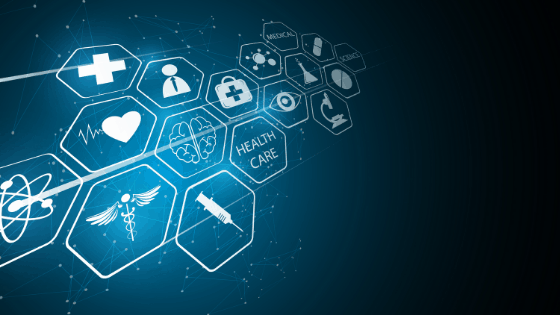
Monsenso expands in the Middle East with new million deal with global pharmaceutical company
Monsenso has entered a new million agreement with a global pharmaceutical company and hereby expands its activities to six countries in the Middle East. As part of the agreement, Monsenso will provide its solution for patient monitoring and treatment support in the United Arab Emirates, Saudi Arabia, Oman, Kuwait, Qatar and Bahrain.
Monsenso’s solution will be used to support the treatment of depression and schizophrenia. Patients are provided with an app, which is used to collect real-time patient-reported information and to give patients access to information about their disorder between consultations. Therapists gain access to a clinical web portal and can follow their patients remotely and gain valuable information about behavior, medication intake and symptoms and thus be able to provide a data-driven treatment and allow for proactive follow-up.
In addition, the solution supports communication between patients and therapists.
“We are very pleased with this agreement, which contributes to both expanding our geographic market coverage and our business with pharmaceutical companies in line with our growth strategy. ” says Thomas Lethenborg, CEO of Monsenso. “Depression and schizophrenia are among the most costly disorders for society and have major consequences for affected patients and relatives. Therefore, we are proud to be able to contribute to better treatment within these disease areas.”
The project will not affect Monsenso’s previously communicated plans and guidance for the 2020 financial year.
To read the Danish version, click here.
For additional information contact:
Bettina van Wylich-Muxoll
Chief Marketing Officer
marketing@monsenso.com
Monsenso

